Liverpool School of Tropical Medicine (LSTM)
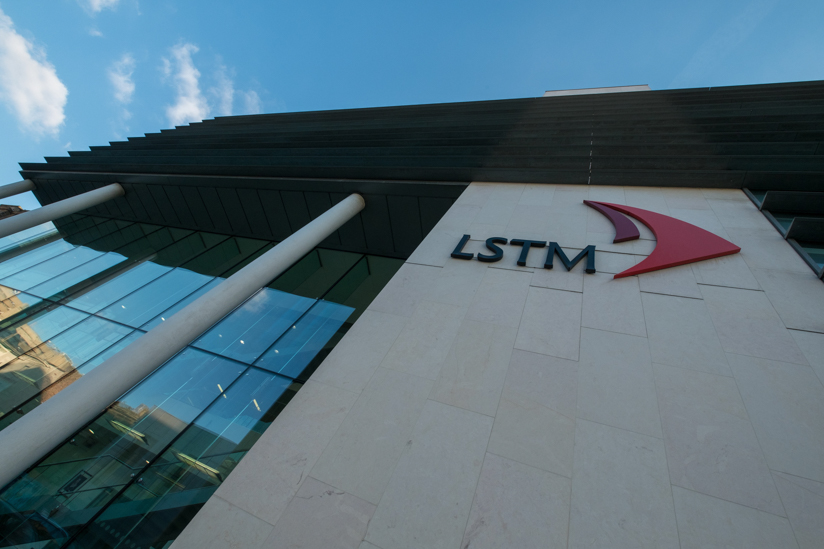
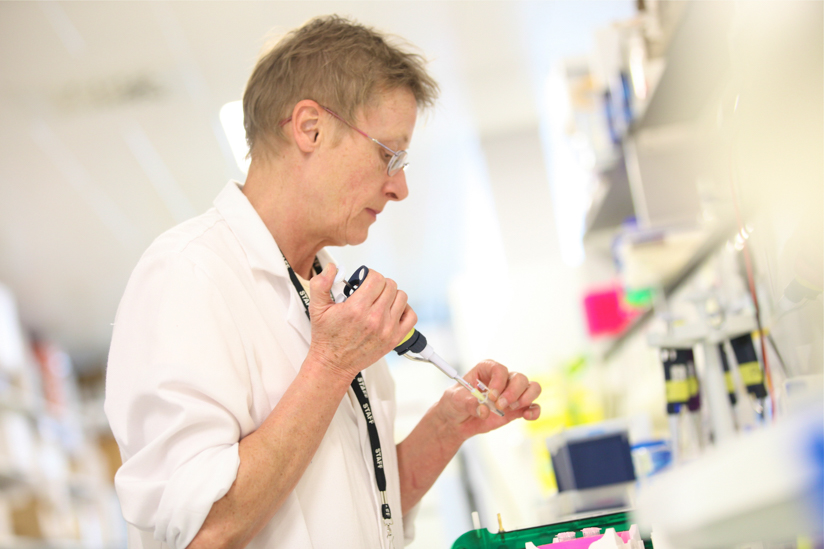
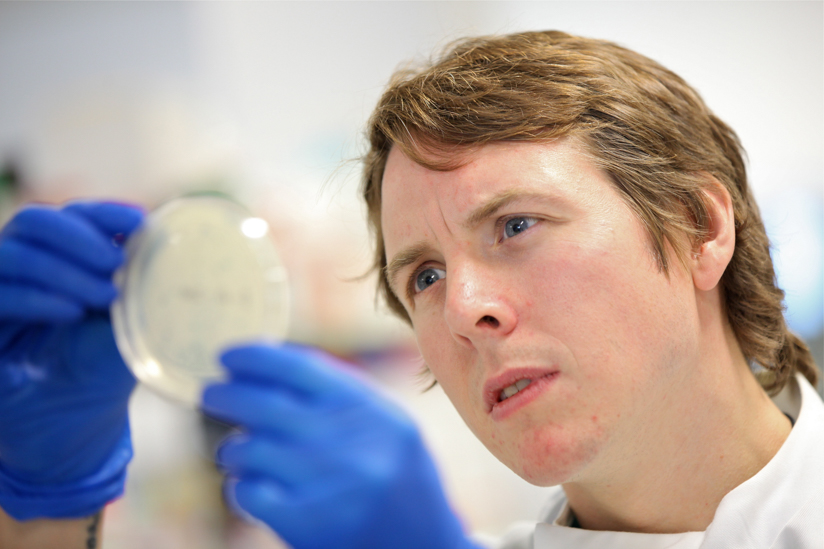
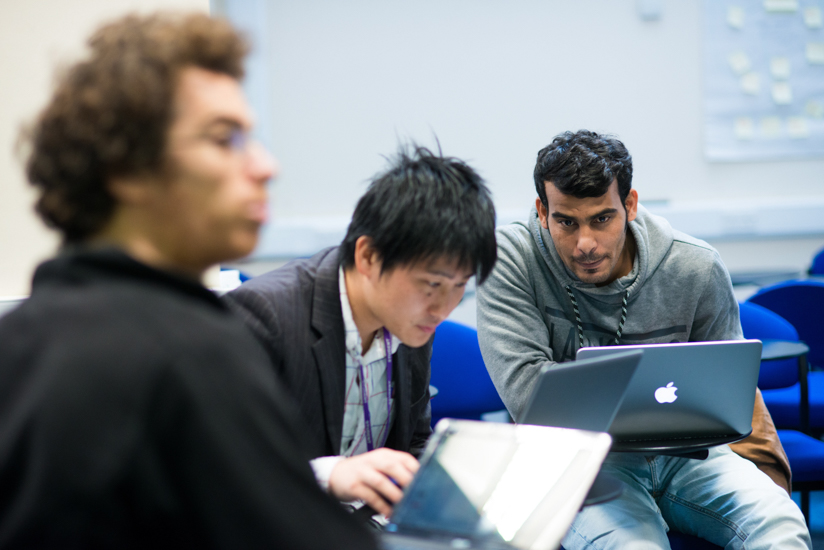
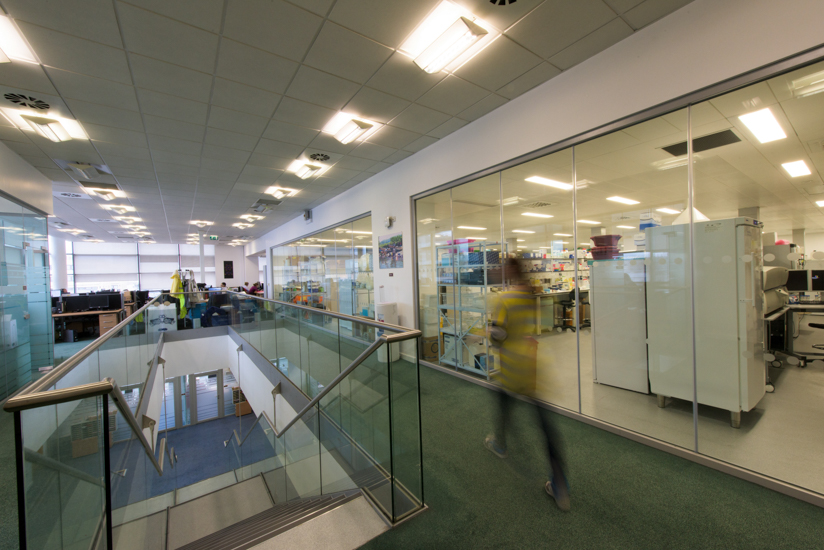
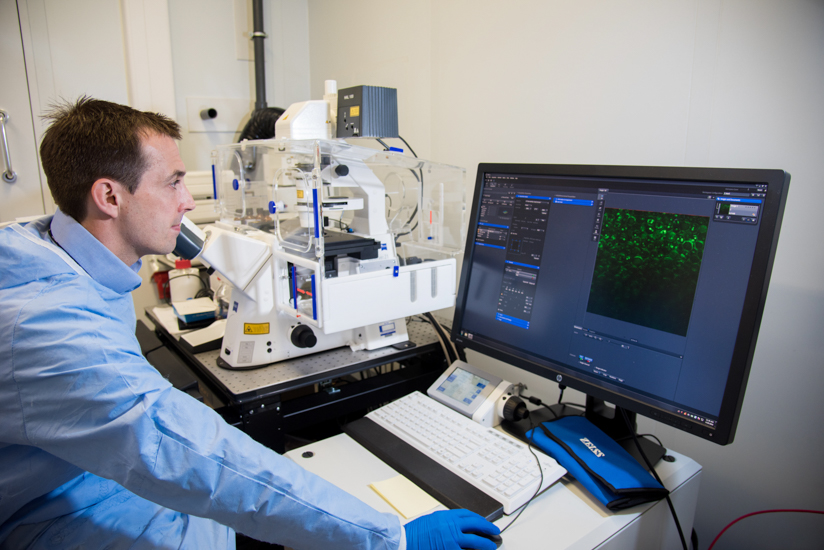
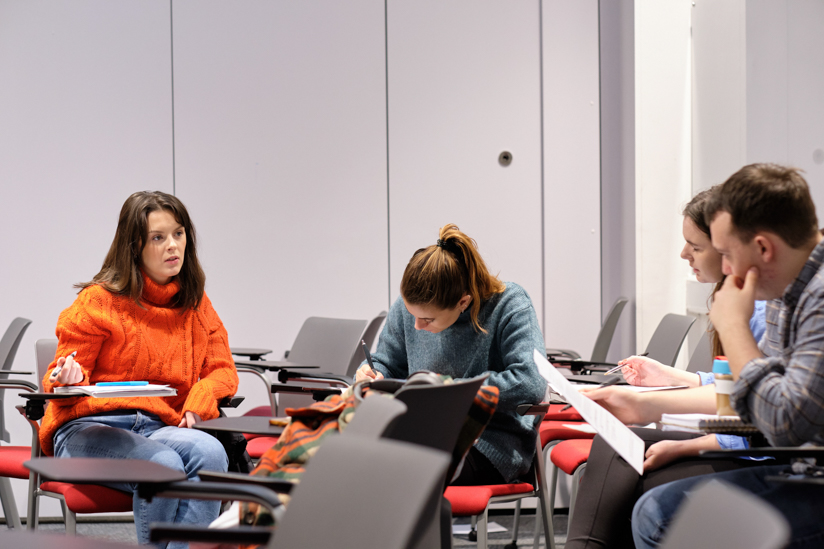
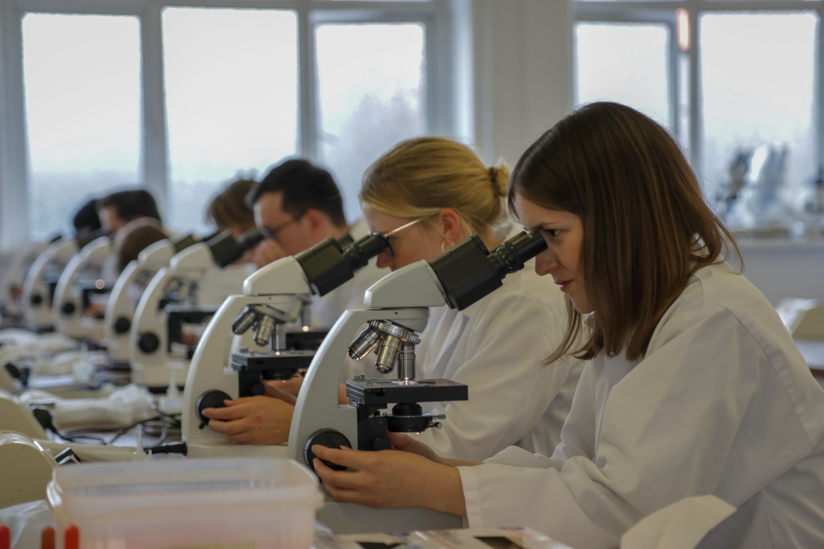
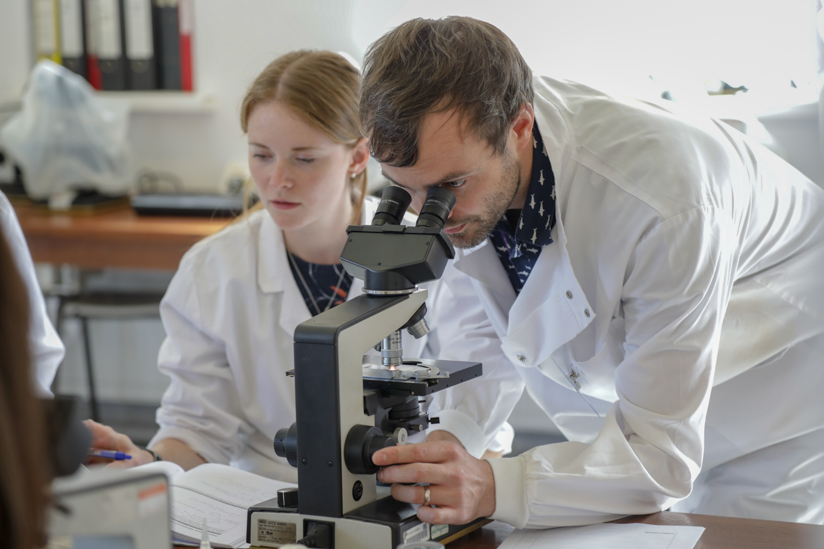
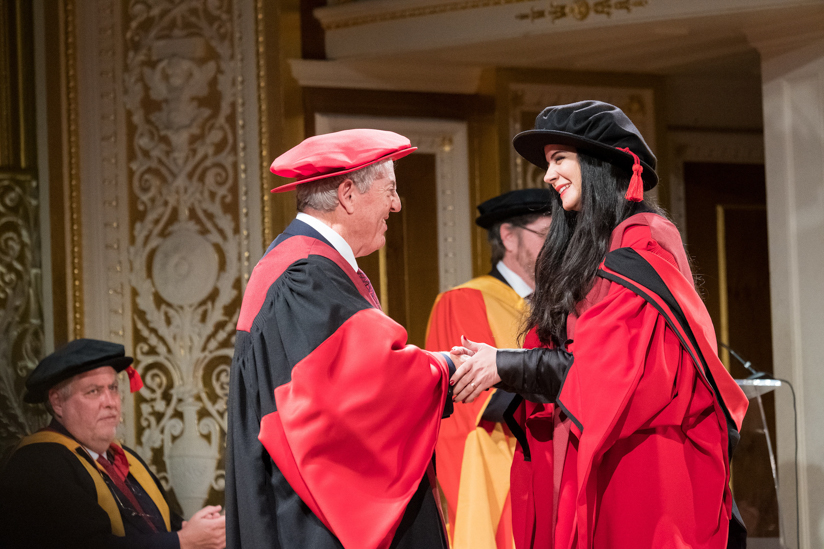
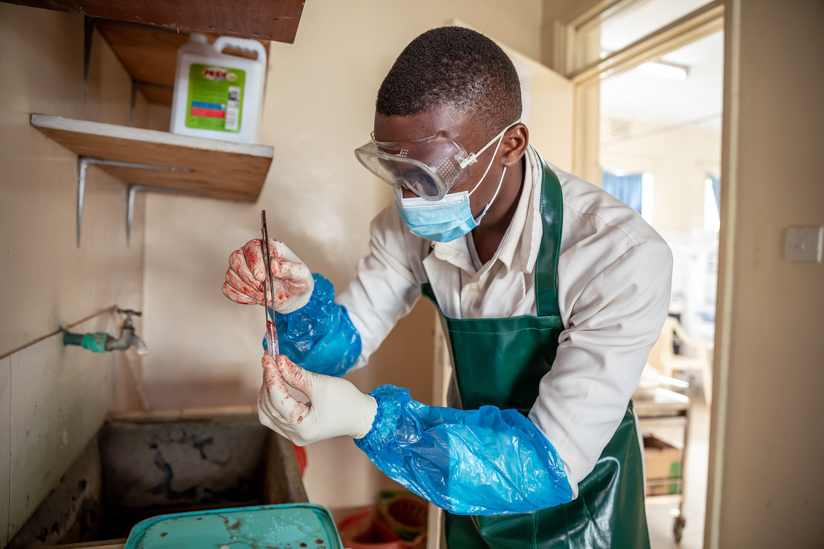
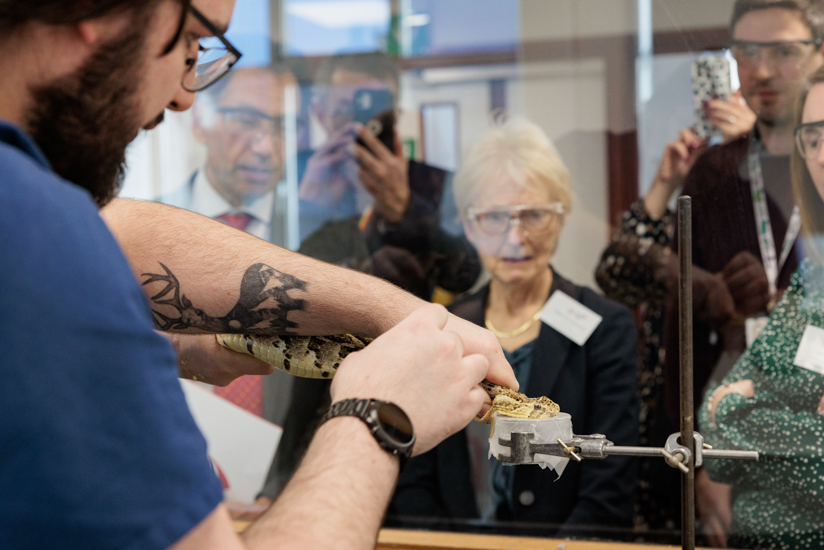

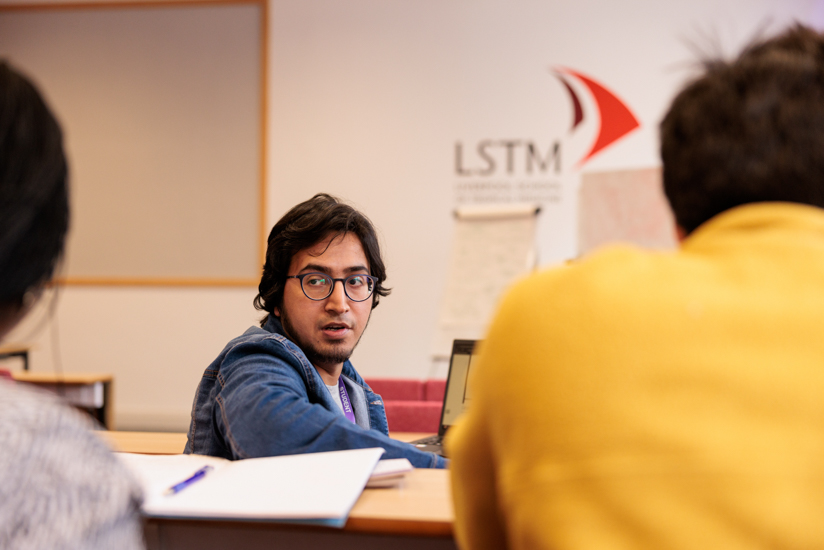

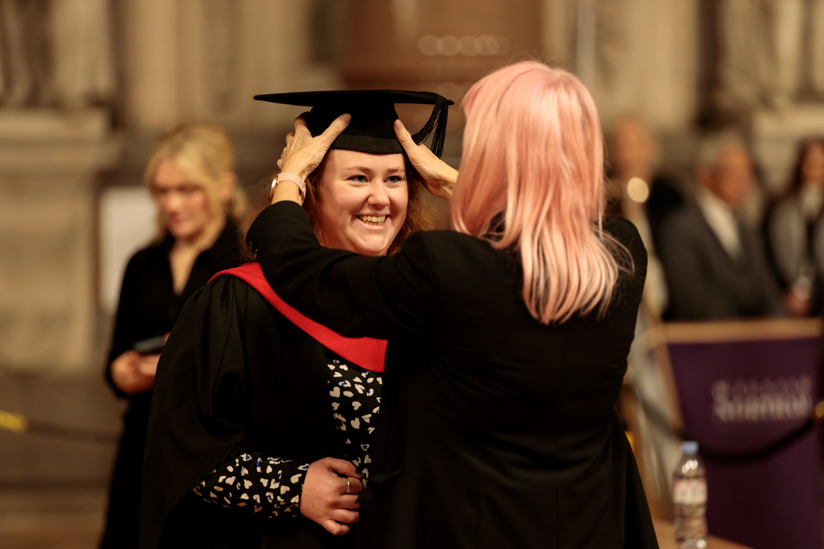

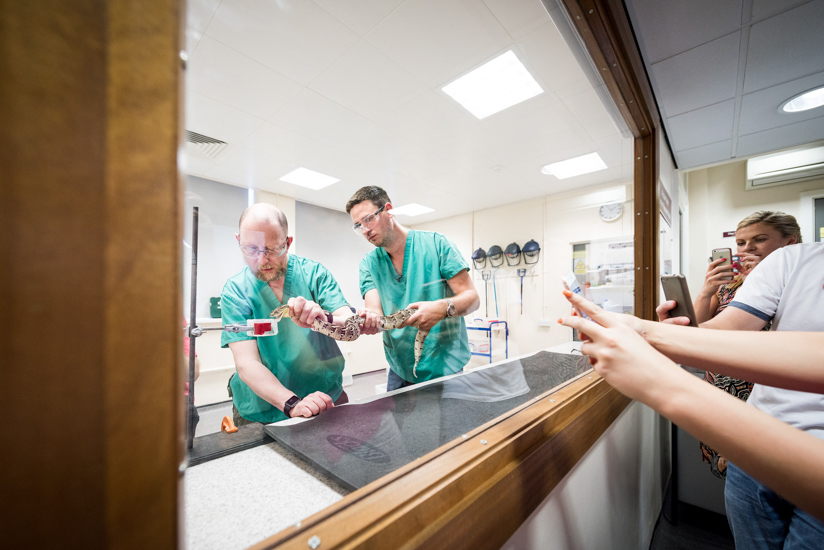
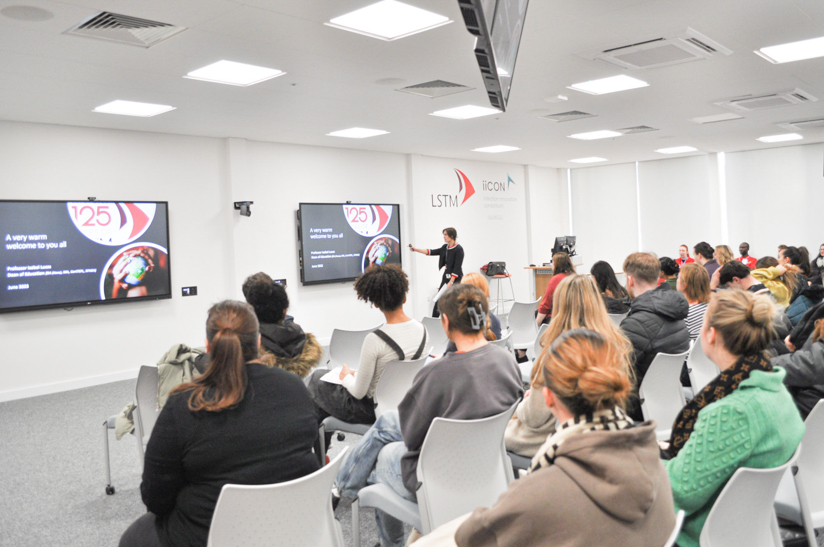
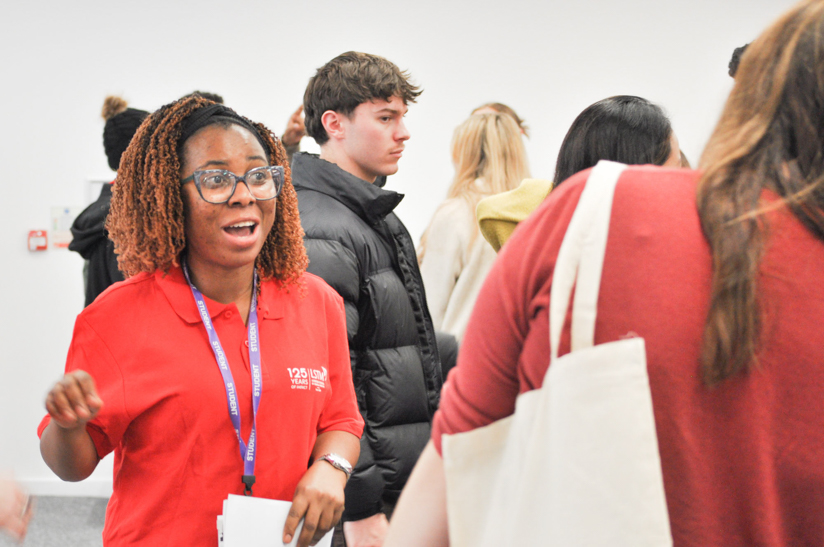
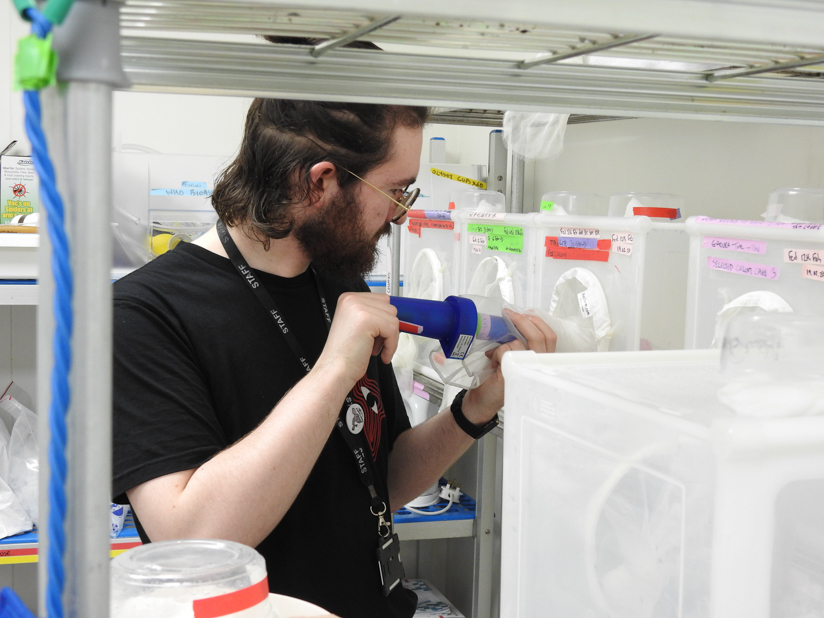





















About
Master’s progammes
Master’s programmes at LSTM combine core and optional modules allowing you to tailor your degree to meet your personal and professional interests and ambitions.
Each programme usually starts in September and includes a research project or dissertation. If you choose to access the programme via a PgCert, PgDip or individual modules, other start dates may apply.
Most of master’s programmes are delivered on a full-time basis over a one-year period, in-person at our Liverpool campus. Online-only programmes are normally part-time and studied over a longer period:
In-person
- Master of Public Health (Humanitarian Health)
- Master of Public Health (International)
- Master of Public Health (Managing Health Services)
- Master of Public Health (Outbreak Control and Health Protection)
- Master of Public Health (Sexual and Reproductive Health)
- MSc Humanitarian Studies
- MSc Humanitarian Practice (LEAP Programme)
- MSc Tropical Disease Biology
- MSc Tropical and Infectious Diseases
- MSc Tropical Paediatrics
- MRes (Master of Research) Tropical Health and Infectious Diseases
Online
- PgCert Maternal and Newborn Health
- MSc Global Health
Professional diplomas and short courses
Professional diplomas and short courses offer an intensive learning option and are designed to be flexible and fit around work commitments and career aspirations.
Professional diplomas
- Diploma in Pharmaceutical Systems
- Diploma in Travel Health
- Diploma in Tropical Medicine and Hygiene
- Diploma in Tropical Nursing
Short courses
- Laboratory Diagnosis of Faecal Parasites
- Laboratory Diagnosis of Faecal and Blood Parasites
- Laboratory Diagnosis of Malaria and Other Blood Parasites Modules
- Travel Vaccination Principles and Practice
- Malaria Prevention in Travel Health
- Hazards in Travel Health
- Governance and Safety in Travel Health
Intercalated degrees
Intercalating medical and veterinary students are accepted onto LSTM programmes.
While intercalation is not always compulsory, it helps to broaden your skills and knowledge and explore a new subject in depth.
As an intercalating student, a master’s degree can have a positive impact on your future career demonstrating motivation to study and commitment to self development. It also shows you can work at a higher level, developing useful research skills in an academic environment.
You can apply for an intercalated degree after the third or fourth year of your undergraduate programme.
As an intercalating student you may be entitled to a tuition fee discount. Intercalation is accepted on the following programmes:
- Master of Public Health (International)
- Master of Public Health (Humanitarian Health)
- Master of Public Health (Managing Health Services)
- Master of Public Health (Outbreak Control and Health Protection)
- Master of Public Health (Sexual and Reproductive Health)
- MRes in Tropical Health and Infectious Disease Research
- MSc Humanitarian Studies
- MSc Tropical Disease Biology
Research degrees
LSTM offers the following postgraduate research degrees:
- MD – minimum two years (part-time)
- MPhil – one-two years (full-time) or two-four years (part-time)
- PhD – two-four years (full-time) or four-seven years (part-time)
You can study full- or part-time in Liverpool or off-campus – giving you the flexibility to integrate your research with an existing career or work in the field. You can apply at any time and there are three intakes per year, in February, August and October.
Supervision is available in the following research areas:
- Clinical Sciences
- International Public Health
- Malaria and other Vector-Borne Diseases
- Maternal, Newborn and Child Health
- Neglected Tropical Diseases
- Snakebite and Venom
- Tropical Disease Biology
- Vector Biology
Becoming part of LSTM’s dynamic, innovative research environment will allow you to realise your potential as a researcher; make a significant contribution to your field of research; and prepare you for a wide range of careers in academia and beyond.
FAQs
How can I apply for a scholarship at the Liverpool School of Tropical Medicine?
The link to LSTM’s scholarship applications is only provided to applicants who hold a conditional offer. You can read more about available scholarships and eligibility here.
When do scholarships open for applications?
Scholarships normally open for application in January.
How can I find out tuition fees for your programmes?
You can find tuition fees listed on the LSTM’s fees page.
What support services do you have available?
The Student Advice and Wellbeing team are available to support your physical and mental wellbeing throughout your programme.
About
Master’s progammes
Master’s programmes at LSTM combine core and optional modules allowing you to tailor your degree to meet your personal and professional interests and ambitions.
Each programme usually starts in September and includes a research project or dissertation. If you choose to access the programme via a PgCert, PgDip or individual modules, other start dates may apply.
Most of master’s programmes are delivered on a full-time basis over a one-year period, in-person at our Liverpool campus. Online-only programmes are normally part-time and studied over a longer period:
In-person
- Master of Public Health (Humanitarian Health)
- Master of Public Health (International)
- Master of Public Health (Managing Health Services)
- Master of Public Health (Outbreak Control and Health Protection)
- Master of Public Health (Sexual and Reproductive Health)
- MSc Humanitarian Studies
- MSc Humanitarian Practice (LEAP Programme)
- MSc Tropical Disease Biology
- MSc Tropical and Infectious Diseases
- MSc Tropical Paediatrics
- MRes (Master of Research) Tropical Health and Infectious Diseases
Online
- PgCert Maternal and Newborn Health
- MSc Global Health
Professional diplomas and short courses
Professional diplomas and short courses offer an intensive learning option and are designed to be flexible and fit around work commitments and career aspirations.
Professional diplomas
- Diploma in Pharmaceutical Systems
- Diploma in Travel Health
- Diploma in Tropical Medicine and Hygiene
- Diploma in Tropical Nursing
Short courses
- Laboratory Diagnosis of Faecal Parasites
- Laboratory Diagnosis of Faecal and Blood Parasites
- Laboratory Diagnosis of Malaria and Other Blood Parasites Modules
- Travel Vaccination Principles and Practice
- Malaria Prevention in Travel Health
- Hazards in Travel Health
- Governance and Safety in Travel Health
Intercalated degrees
Intercalating medical and veterinary students are accepted onto LSTM programmes.
While intercalation is not always compulsory, it helps to broaden your skills and knowledge and explore a new subject in depth.
As an intercalating student, a master’s degree can have a positive impact on your future career demonstrating motivation to study and commitment to self development. It also shows you can work at a higher level, developing useful research skills in an academic environment.
You can apply for an intercalated degree after the third or fourth year of your undergraduate programme.
As an intercalating student you may be entitled to a tuition fee discount. Intercalation is accepted on the following programmes:
- Master of Public Health (International)
- Master of Public Health (Humanitarian Health)
- Master of Public Health (Managing Health Services)
- Master of Public Health (Outbreak Control and Health Protection)
- Master of Public Health (Sexual and Reproductive Health)
- MRes in Tropical Health and Infectious Disease Research
- MSc Humanitarian Studies
- MSc Tropical Disease Biology
Research degrees
LSTM offers the following postgraduate research degrees:
- MD – minimum two years (part-time)
- MPhil – one-two years (full-time) or two-four years (part-time)
- PhD – two-four years (full-time) or four-seven years (part-time)
You can study full- or part-time in Liverpool or off-campus – giving you the flexibility to integrate your research with an existing career or work in the field. You can apply at any time and there are three intakes per year, in February, August and October.
Supervision is available in the following research areas:
- Clinical Sciences
- International Public Health
- Malaria and other Vector-Borne Diseases
- Maternal, Newborn and Child Health
- Neglected Tropical Diseases
- Snakebite and Venom
- Tropical Disease Biology
- Vector Biology
Becoming part of LSTM’s dynamic, innovative research environment will allow you to realise your potential as a researcher; make a significant contribution to your field of research; and prepare you for a wide range of careers in academia and beyond.
FAQs
How can I apply for a scholarship at the Liverpool School of Tropical Medicine?
The link to LSTM’s scholarship applications is only provided to applicants who hold a conditional offer. You can read more about available scholarships and eligibility here.
When do scholarships open for applications?
Scholarships normally open for application in January.
How can I find out tuition fees for your programmes?
You can find tuition fees listed on the LSTM’s fees page.
What support services do you have available?
The Student Advice and Wellbeing team are available to support your physical and mental wellbeing throughout your programme.
Available programs
University highlights
Campus locations
Pembroke Pl , Liverpool , United Kingdom , L3 5QA






